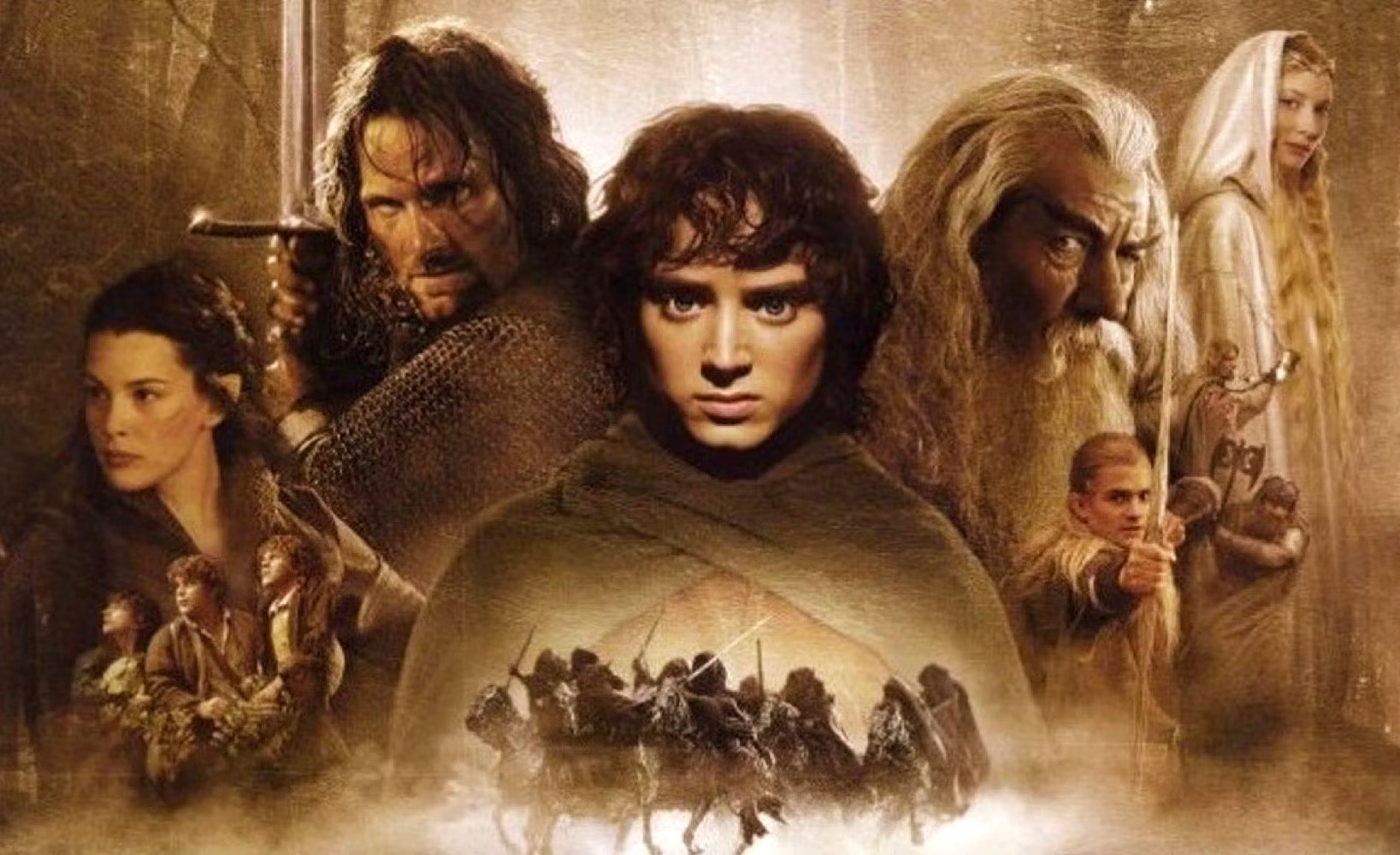He doesn’t elaborate on what he meant by that final statement. He must have been thinking of Christopher’s subsequent effort, which consisted of editing and compiling the numerous drafts in various written formats. But, it’s not implausible that he would have welcomed anyone who came to understand his stories after his passing. After all, a writer’s feelings about how individuals spend their lives while they are still alive may differ from their feelings about what will probably happen when they pass away.
Tolkien, a self-described pedant, believed that the tone and character of the work were the most crucial factors. Like with all work, myth has aspects of moral and religious truth (or mistake), according to what Tolkien said to Waldman. Tolkien would undoubtedly be terribly shocked if a morally offensive Middle-earth fiction was invented. He was adamantly opposed to the Nazis, as evidenced by the German publisher of Jab the Hobbit, who was shocked to learn of Tolkien’s heritage in 1938. In a note to his British publishers, he expressed his disinterest in abiding by “their insane regulations” and declared that he would be content to “hang up the German translation.” For instance, neo-Nazi ideals are promoted in every novel set in Middle-earth, so Tolkien would be rolling in his grave if not leaping out in outrage. Fortunately, none of the significant cinematic adaptations that are currently in development fit that description.
It’s also important to remember that Tolkien believed the Arthurian narrative to be “fanciful, inconsistent, and repetitive” in addition to being Celtic English. The mythology runs the risk of becoming “incoherent” and “repetitive” when additional stories set in Tolkien’s world are written and produced by different authors working for different organizations. also takes place more. Yet once more, this is only one person’s opinion.
The debate over what Tolkien would have thought of a movie adaptation largely revolves around individual interpretations of the artistic creation. One can legitimately assume that Tolkien would not have approved of a certain adaptation if they found it to be “incongruous” or if they think the alterations were made out of ignorance and disrespect rather than for actual practical purposes. A different spectator may see the same movie or television show and believe that it is not at all inconsistent, that any alterations were made for good reasons, and that Tolkien would have approved. must have arrived. They would both be as justified in holding such opinion, and it is impossible to determine which, if any, is “correct.”
After all, none of us can speculate on the thoughts of a writer who passed away fifty years ago. Anyone who asserts to be aware of Tolkien’s thoughts is lying. But it’s probable that the idea of a Lord of the Rings movie terrified him The best proof that he was able to develop a new mythology is found in the cinematic universe, which was created as a result of individuals building on his ideas in new mediums. It matters.
All of the JRR Tolkien quotations on this page are from his letters, edited by Humphrey Carpenter and released by HarperCollins.









